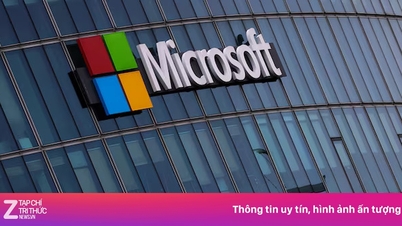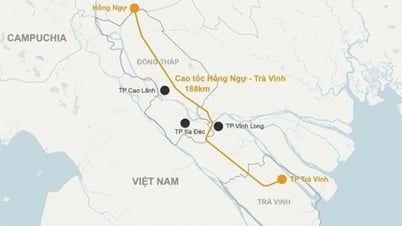According to IDC’s Future of Enterprise Resilience and Spending Survey, 65% of businesses in Asia Pacific have experienced a ransomware attack or data breach that blocked systems or data access, with 83% of compromised businesses experiencing downtime and business disruption ranging from days to weeks. Financial losses from such targeted cyberattacks are expected to reach $109,000 for the large enterprise segment by 2022, including reputational damage from proprietary data being leaked or sold to other malicious threat actors.

Hackers now target businesses to commit fraud
To date, Kaspersky has detected more than 1 billion active online threats and 400,000 new malware samples are discovered every day. In a context of widespread and persistent threats, the real goal of cybersecurity operations beyond detecting and preventing threats is cyber resilience.
“A shortage of skilled IT security professionals, fragmented IT and security platform deployments, and ineffective employee security awareness training are common in many organizations, making it difficult to implement a strategic cyber resilience framework,” said Adrian Hia, Managing Director of Kaspersky Asia Pacific. “The ever-increasing complexity of malware and often limited IT budgets mean that cybersecurity teams are under increased pressure in terms of workload and time to cope with the increasing number of threats.”
Skills shortages are putting organizations at increased risk of cyberattacks. The IDC Future of Business Resilience and Spending Survey found that IT security professionals are the most in-demand role in the region (37%), followed by IT operations professionals (33%). This shortage has forced 76% of businesses in the region to scale back, cancel, or pause technology initiatives, while 34% said they are at increased risk of cyberattacks. 54% said it would take them an additional three to four months to fill security vacancies.
To respond quickly to cyber threats, many organizations are looking for trusted cybersecurity vendors, especially those with extended detection and response (XDR) capabilities that provide the services and expertise in technology, organization, and personnel to ensure cyber resilience initiatives continue to operate.
Deploying XDR enables cybersecurity assets to consolidate data from multiple endpoints, leverage artificial intelligence and machine learning (AI/ML), advanced analytics, and automation to proactively detect and respond to cyberattacks faster while reducing the complexity of siloed security tools that lack integration and interoperability.
Kaspersky is now also offering the Extended Detection and Response (XDR) platform, which equips in-house experts with all the cutting-edge technologies, the latest actionable threat intelligence and technical skills needed, along with access to external experts for immediate assessment and support in the event of a cyber incident.
Source link




![[Photo] Prime Minister Pham Minh Chinh meets with the Policy Advisory Council on Private Economic Development](https://vphoto.vietnam.vn/thumb/1200x675/vietnam/resource/IMAGE/2025/5/8/387da60b85cc489ab2aed8442fc3b14a)
![[Photo] General Secretary concludes visit to Azerbaijan, departs for visit to Russian Federation](https://vphoto.vietnam.vn/thumb/1200x675/vietnam/resource/IMAGE/2025/5/8/7a135ad280314b66917ad278ce0e26fa)
![[Photo] National Assembly Chairman Tran Thanh Man chairs the meeting of the Subcommittee on Documents of the First National Assembly Party Congress](https://vphoto.vietnam.vn/thumb/1200x675/vietnam/resource/IMAGE/2025/5/8/72b19a73d94a4affab411fd8c87f4f8d)
![[Photo] President Luong Cuong presents the decision to appoint Deputy Head of the Office of the President](https://vphoto.vietnam.vn/thumb/1200x675/vietnam/resource/IMAGE/2025/5/8/501f8ee192f3476ab9f7579c57b423ad)

























































![[Photo] Prime Minister Pham Minh Chinh talks on the phone with Singaporean Prime Minister Lawrence Wong](https://vphoto.vietnam.vn/thumb/402x226/vietnam/resource/IMAGE/2025/5/8/e2eab082d9bc4fc4a360b28fa0ab94de)
































Comment (0)